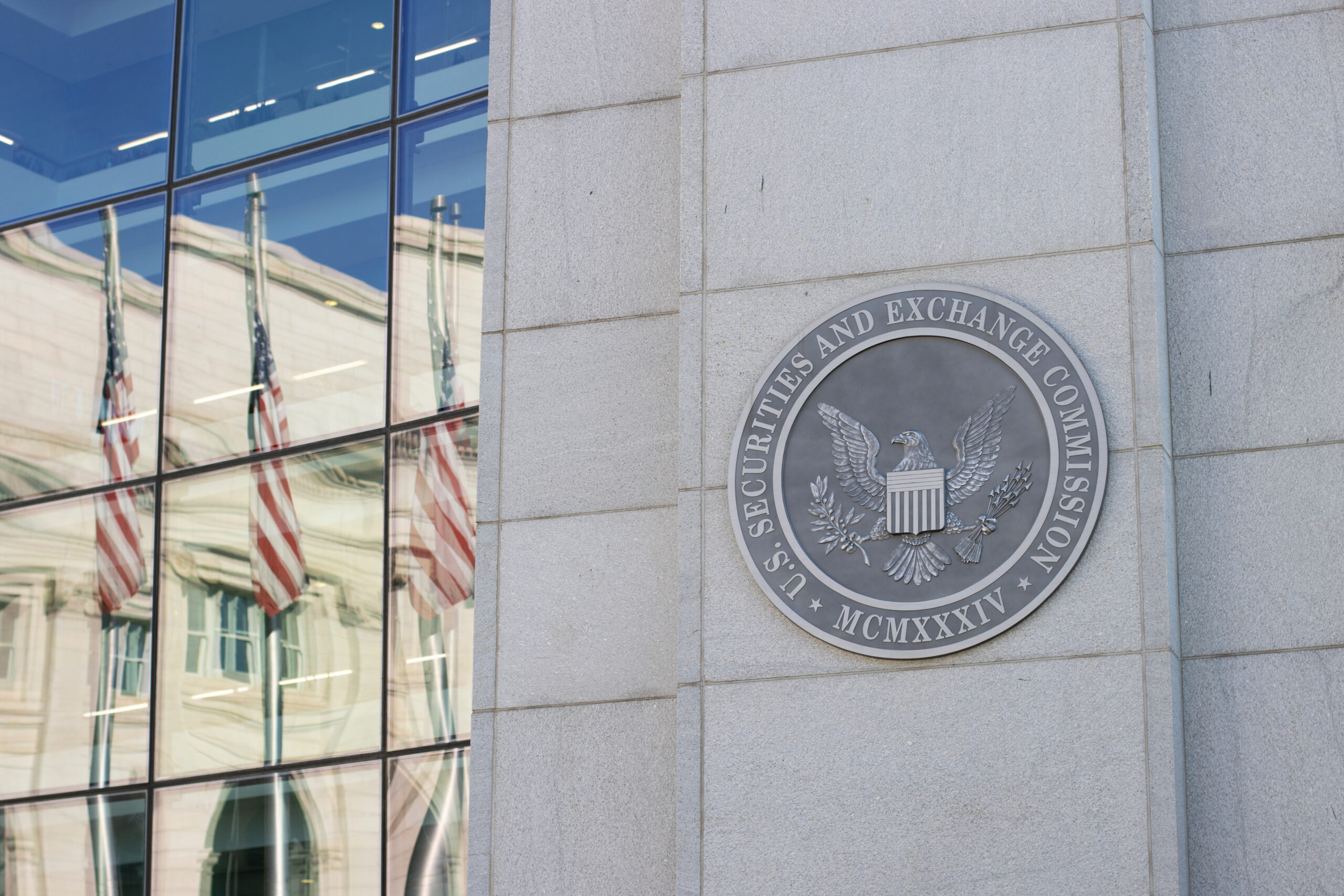Follow This investors file Big Oil climate resolutions
A group of major investors led by activist shareholder Follow This have filed climate resolutions at four Big Oil companies.

A group of major investors led by activist shareholder Follow This have filed climate resolutions at four oil majors – Shell, BP, ExxonMobil, and Chevron – requesting them to align their scope 3 emissions reductions targets with the Paris Agreement.
The six investors, which have assets under management of more than €1.3 trillion, include France-based Edmond de Rothschild Asset Management (€75 billion) which co-filed the Shell resolution; Belgium-based Degroof Petercam Asset Management (€51 billion) which filed all resolutions; Netherlands-based Achmea Investment Management (€175 billion) which filed ExxonMobil’s resolution and US-based Arjuna Capital ($400 million) which filed the Chevron and ExxonMobil resolutions, Follow This said in a statement on December 19.
“We are now a year after the war in Ukraine…We have high hopes that investors will now see through the smokescreen of Big Oil and the two new fallacies that the current energy crisis should eclipse the climate crisis” and that “the problem is on the demand side,” Mark van Baal, founder of Follow This told Gas Outlook.
So-called scope 3 emissions are those arising indirectly from a company’s value chain.
The resolutions, which emphasize strengths, opportunities, and risks linked to scope 3 emissions for integrated energy multinationals “are not against these companies,” but were filed “to support them through the energy transition,” he added.
However, companies “have a history of hanging onto their strategies…They won’t change if investors don’t vote,” he said.
The focus on scope 3 by 2030 “leaves the oil majors no wiggle room for smokescreens about ‘net zero emissions by 2050’ or reduction targets for operational emissions,” or scope 1 and 2, which account for just around 5% of emissions, Follow This said, adding that “targets for 2050 have no consequences for medium-term strategies.”
“Despite ‘net zero by 2050’ targets, none of these four oil majors is even close to Paris-aligned emissions reductions plans for 2030,” it said.
While shareholder activism has gained momentum in recent years, 2022 has seen a reverse of this trend with large investors such as BlackRock backtracking on more stringent scope 3 targets after it previously voted in support of them, Follow This said, pointing at the energy crisis and renewed demand for fossil fuels as the main reason for the slowdown.
According to Wood Mackenzie, scope 3 emissions account for 80-95% of total emissions of oil and gas companies.
Tackling their reduction would require a “huge structural change” within companies, such as an “aggressive diversification” into renewables, low emissions fuels and carbon capture technology, it said.



